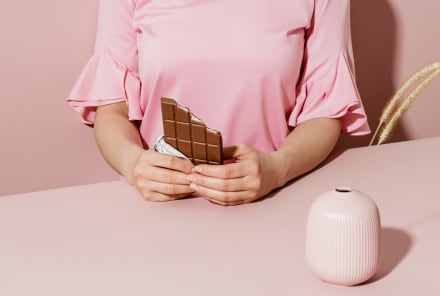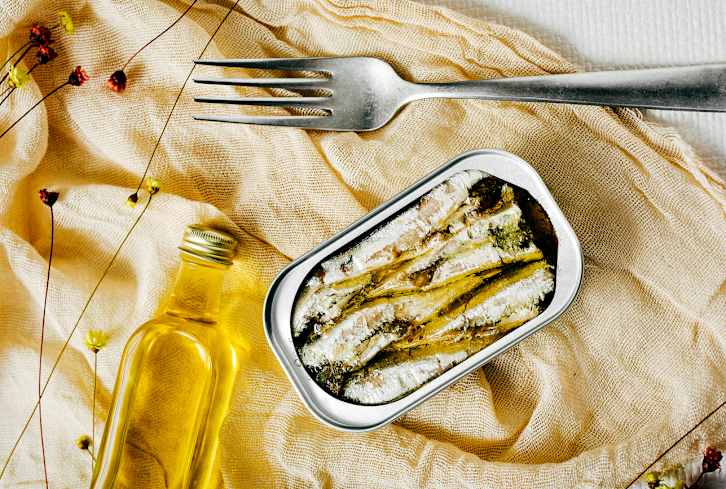Advertisement

Being low on energy every once in a while is normal; we all have those days when we’d rather be at home curled up on the couch. But if you wake up tired on the reg and spend your days in a never-ending 3 p.m. slump, it’s time to look more closely at your health.
We all have such crazy-busy schedules these days that even if we do our best to nourish ourselves with plenty of greens, rainbow fruits, and healthy proteins, nutrient deficiencies can sneak up on us without much warning. Missing this one nutrient in particular manifests itself as constant fatigue and exhaustion—and that nutrient is iron.
Could you be iron-deficient?
You may not have thought about your iron levels lately, but did you know that an iron deficiency is the most common and widespread nutritional disorder in the world? It’s true: About one in five women between the ages of 15 and 45 are deficient in this crucial nutrient.
In fact, iron deficiency is the leading cause of fatigue among women between menstruation and menopause. Women need twice as much iron as men due to its loss during menstruation, but the average consumption of dietary iron is only about 6 mg—one-third of the recommended daily value for women. That number is suitable for men but leaves many women feeling utterly fatigued, struggling to concentrate, and even unable to work at times. (Sound familiar?)
We think that’s reason enough to get your levels tested at your next checkup! If you’re not experiencing fatigue, which is the most common symptom of a deficiency, you should know that other symptoms include weakness, dark circles under the eyes, brittle nails, shortness of breath, and hair loss.

Why is iron so important?
Iron helps your body make hemoglobin (Hgb), which is the "red" part of red blood cells and what allows them to carry oxygenated blood throughout the body. So, if you aren’t getting enough iron, you aren’t able to produce enough Hgb and a condition called iron-deficiency anemia can eventually start to develop.
If you get tested and find that your iron levels are low, there are a few reasons you could be iron deficient. You might not be eating enough iron-rich foods like eggs, meat, and leafy greens, but it’s also possible that you have a hard time absorbing iron even if you are eating plenty of it. That’s why you should look for iron supplements that are easily absorbable by the body, like Ferritin+ from Flora Health.

So you're iron deficient—now what?
Walking down the supplement aisle in your friendly neighborhood health food store can be overwhelming. It seems there are endless options for every ailment, and it’s hard to know what to look for. When it comes to iron, look for something that you’re going to absorb through your gut and that’s gentle on your GI tract (something you won’t find in a lot of iron capsules). Then, you want to make sure it’s full of the ingredients you need—like adequate amounts of iron and some added B vitamins, which also support healthy blood cells—and free from unnecessary ones. Luckily, Ferritin+ is free from alcohol, synthetic preservatives, or artificial additives.
Finally, when you start taking iron, be cautious as it is possible to overdo it. But with the right supplement and the right dosage, you’ll be kissing your fatigue goodbye and saying hello to optimal energy levels every damn day.



















